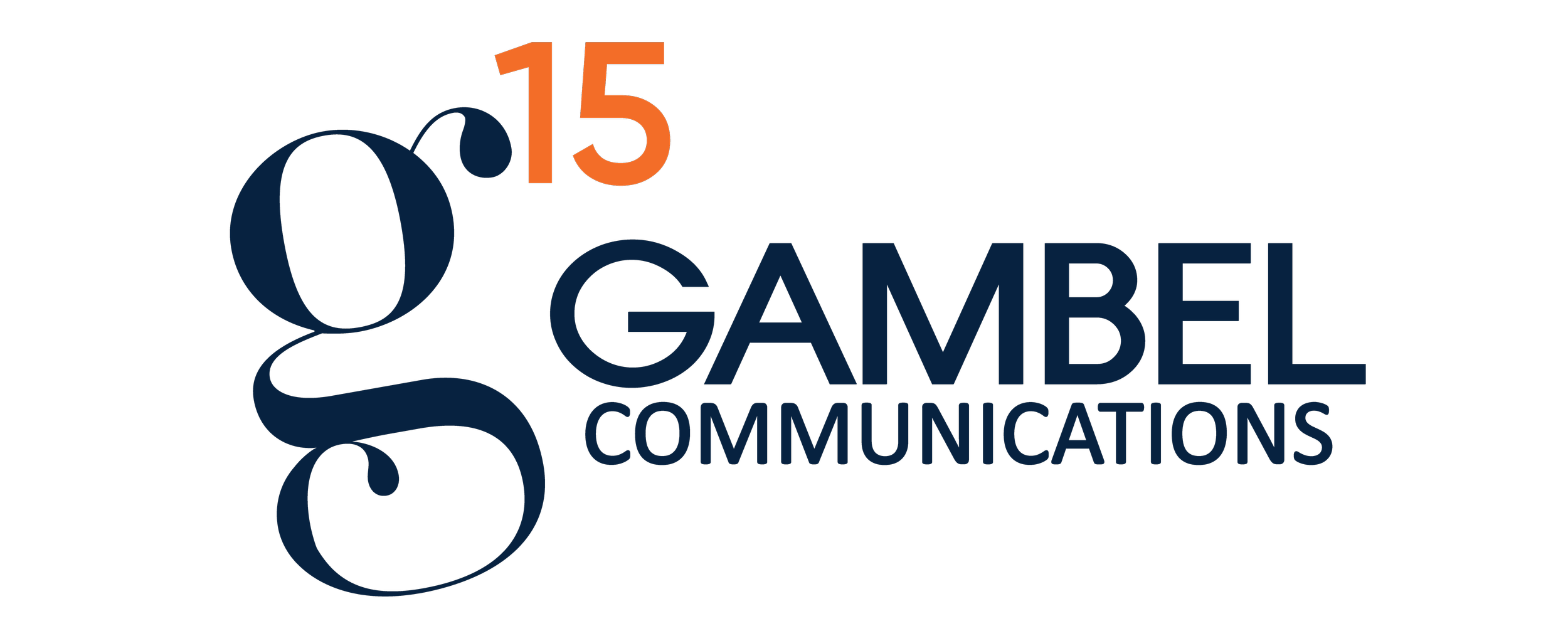Don’t Underestimate the Power of Introverts as Leaders
By: Rachel Strassel
“A species in which everyone was General Patton would not succeed, any more than would a race in which everyone was Vincent van Gogh. I prefer to think that the planet needs athletes, philosophers, sex symbols, painters, scientists; it needs the warmhearted, the hardhearted, the coldhearted, and the weakhearted. It needs those who can devote their lives to studying how many droplets of water are secreted by the salivary glands of dogs under which circumstances, and it needs those who can capture the passing impress of cherry blossoms in a fourteen-syllable poem or devote twenty-five pages to the dissection of a small boy’s feelings as he lies in bed in the dark waiting for his mother to kiss him goodnight … Indeed the presence of outstanding strengths presupposes that energy needed in other areas has been channeled away from them.” -Allen Shawn
When you hear the word ‘leader,’ what kind of person do you envision? If you pictured an outgoing, assertive personality commanding a crowd, you’re not alone.
But leadership styles, like personalities, come in different shapes and sizes. Contrary to popular belief, introversion and extroversion are not about how shy or social you are. They’re about how you derive your energy.
Swiss psychiatrist and psychoanalyst Carl Jung devised the terms ‘introvert’ and ‘extrovert’ in the 1920s. They've since adopted a prominent, if not undying, life of their own. They're the cornerstone of Myers-Briggs personality inventory and one of the Big Five traits. People who prefer introversion tend to direct their energy toward their inner world and get energized by reflecting on their ideas and experiences. People who prefer extroversion tend to direct their energy toward the outside world and get energized by interacting with people and taking action.
Some of the most outspoken personalities are considered introverts — Rosa Parks, Albert Einstein, Amy Schumer, Barack Obama and Bill Gates, just to name a few.
But here’s the surprising news: introvert and extroverts may seem like polar opposites on paper, but there is often overlap and nobody falls purely in either camp. Most people fall somewhere in between, and are known as ‘ambiverts.’ In general, it is estimated that 33-50 percent of the population skews introverted.
Introverts have many unique characteristics: They’re drawn to their inner world, prefer to communicate in writing, work out ideas by reflecting on them, learn best by reflection and mental practice, focus in depth on a few interests and take initiative selectively. On the contrary, extroverts are drawn to the outside world, prefer to communicate by talking, work out ideas by talking through them, learn best through doing and discussing, have broad interests and readily take initiative in work and relationships.
So how does this translate to the workplace? For introverts, not very well. There’s long been a myth that has pervaded the business world: that introverts aren’t cut out to be leaders.
According to a University of California Berkeley study, researchers discovered that people tend to hire and promote those with extroverted personality traits (assertive, forceful and self-assured) to leadership roles. These individuals were more likely to speak up first, answer more questions, and have more relevant answers to questions. This caused group members to believe that they were more competent than others.
Sixty-five percent of senior executives see introversion as a barrier to leadership and only 6 percent think introverts have the people skills required to oversee a successful team. Many businesses have a singular vision for what a good leader should be — outgoing, gregarious, an expert networker — and write off introversion as some kind of social “pathology.”
As a proud introvert, I’m here to tell you this is complete nonsense.
Culture defines leadership as the process of influencing others in a manner that enhances their contribution to the realization of group goals. At some point, our perception of a “good” leader shifted from someone who encourages collective success to a singular, charismatic titan: an outward spokesman more interested in public perception than team building.
There are several myths about introverts: That we shy away from leadership roles. One quarter of U.S. presidents are introverts, so we know this isn’t true. Other myths are that introverts don’t have the people skills to lead and that we’re bad communicators who don’t like collaborating.
So now that we know these myths are just that, how can introverts harness their power and prove the naysayers wrong? We can do this by using and properly leveraging our unique personality traits.
Here are some tips for my fellow introverts:
· Balance your time
· Get out of your own head
· Be unapologetically genuine (Own who you are!)
· Be clear about your thought process
· Actionize your observations
What role do extroverts play in this dynamic? Whether you’re an introvert, extrovert or ambivert, the key is working together. By understanding the needs of introverts, we can harmonize their strengths and encourage them to be their best.
Here are some helpful tips when working with introverts:
· Make the first move
· Introduce them to others
· Know they are comfortable being alone
· Let them speak
· Understand that building relationships is hard
· Don’t overlook them for leadership roles
When all is said and done, we must dispose of certain stereotypes and strive to use our unique, individual strengths and leadership styles — be that introversion, extroversion or a combination of the two — to make the world a better place.
Sources:
“Quiet: The Power of Introverts in a World the Can’t Stop Talking,” by Susan Cain
“Why Introverts Make Great Leaders,” The Hustle, July 13, 2018



